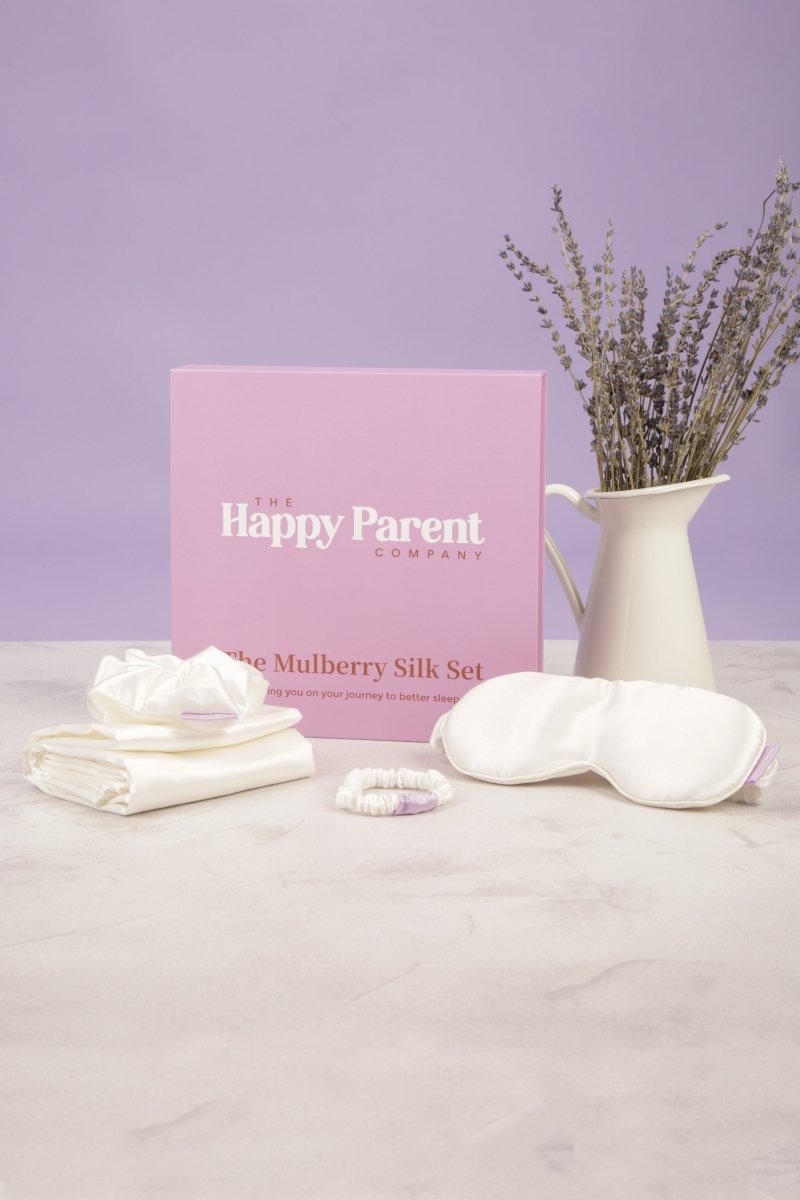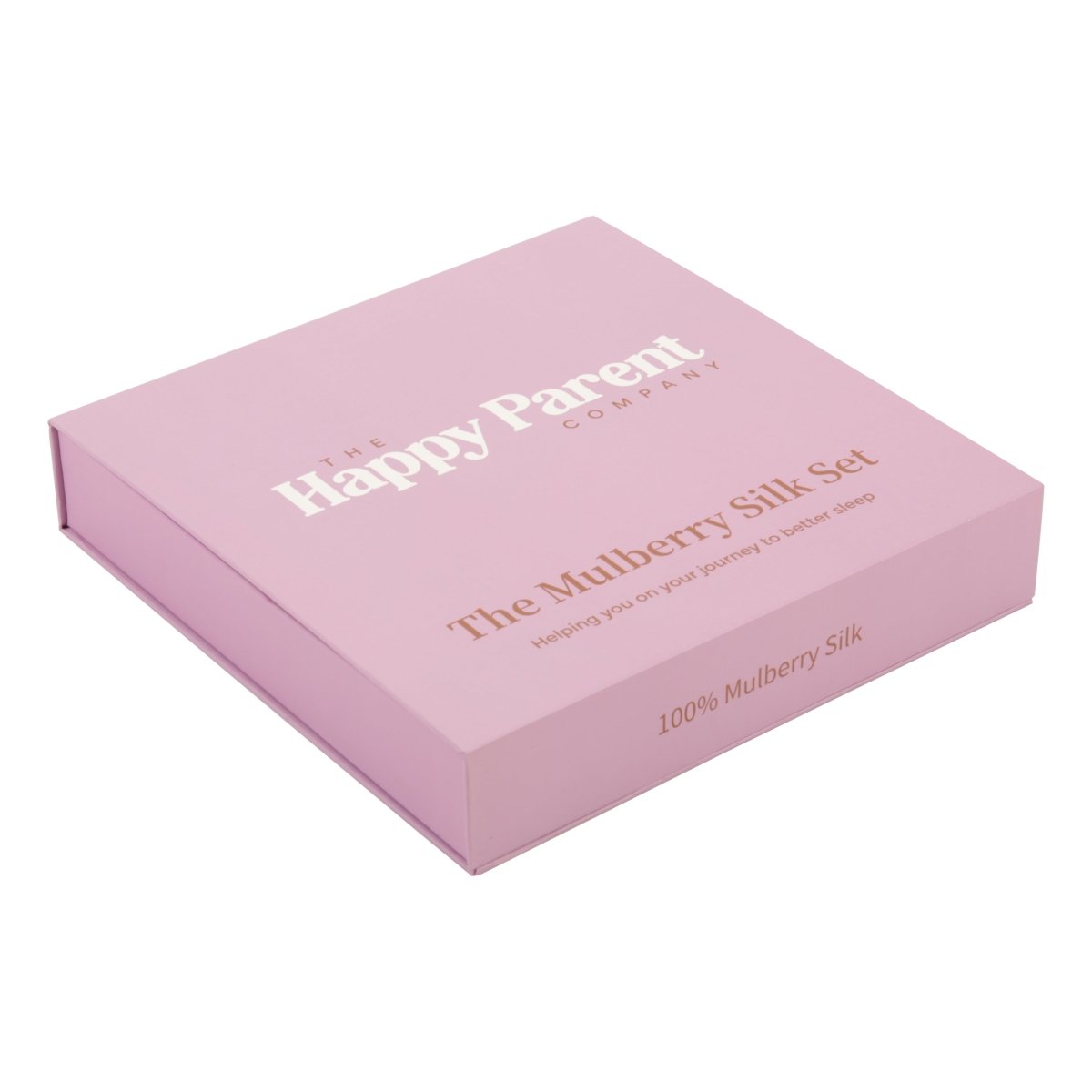You're exhausted. The baby is finally asleep but your mind is racing. Thoughts about feeding schedules, dirty nappies and to-do lists keep you awake long after your body has begged for rest. As a new mum, sleep is a precious commodity and one that often feels just out of reach. But there are tools that can help quiet your mind and ease you into a restful slumber. Journaling and mindfulness techniques have been shown to decrease anxiety and stress, helping your mind and body relax into sleep. In just a few minutes a day, you can reclaim your rest and wake up feeling recharged and ready to conquer all that motherhood throws your way.
The Struggle Is Real: New Mothers and Sleep Deprivation
As a new mum, sleep is a precious commodity and in short supply. Between night feeds, diaper changes and a baby who only catnaps, getting a full night's rest seems like a distant dream. The exhaustion that comes from chronic sleep deprivation is no joke. Lack of sleep impacts your mood, stress levels, and ability to function.
You desperately need rest, but when your little one finally does fall asleep, your mind is racing with all the things you need to get done. Your anxiety and inability to switch off make drifting off feel impossible. This vicious cycle of being overly tired yet unable to sleep is frustrating and disheartening.
There are a few techniques you can try to improve your sleep quality and quantity. Journaling before bed helps calm your mind by putting your mental clutter onto paper. Write down your thoughts, worries and to-do lists to remove them from your headspace. This mindfulness practice helps shift your mind from active to restful.
Establishing a calming pre-sleep routine, like a warm bath followed by a silk eye mask and pillowcase provides sensory cues that it's time for rest.
While it may not seem like it now, this difficult period of sleep deprivation is only temporary. Practising self-care through journaling, mindfulness and a good sleep routine will help you rest easier. You've got this, mama. Sweet dreams!
How Journaling Can Soothe Your Mind Before Bed
Journaling before bed can help calm your mind and ease into sleep. Here are a few ways to make journaling a soothing part of your nighttime routine:
Free Your Thoughts
Write down any worries, stresses or random thoughts swimming in your head. Getting them out on paper can provide relief from circling thoughts, clearing your mind for sleep. Keep a journal by your bed and jot down whatever comes to mind, without judgement.
Practice Gratitude
Reflect on things you feel grateful for that day, no matter how small. Appreciating simple joys and blessings in your life cultivates positive feelings which relax the mind and body. As you write, visualise each thing you're grateful for and soak in the warm feeling it brings.
Set a Timer
If you feel overwhelmed at the thought of journaling before bed, start small. Set a timer for just 5 or 10 minutes and write about your day or how you're feeling. Even a short amount of time can be enough to unwind your mind. You can always journal for longer as it becomes a habit.
The key is making journaling a calming ritual. Use a beautiful notebook you love, play soft music, light a candle or diffuse essential oils like lavender. Keep your entries positive and avoid stressful topics. With regular practice, journaling can become a powerfully soothing way to end your day and transition into sleep.
Mindfulness Techniques to Quiet Your Thoughts
Mindfulness is the practice of being fully present and aware of your thoughts and feelings. For new mothers struggling with sleep, mindfulness techniques can help quiet your racing mind at night.
Deep Breathing
Take some deep, slow breaths to help relax your body and mind. Breathe in through your nose and out through your mouth. Make your exhale longer than your inhale. Focus on the flow of your breath moving in and out. Do this for 5 to 10 minutes before bed. The repetition of deep breathing can calm anxiety and clear your mind of stressful thoughts.
Progressive Muscle Relaxation
Systematically tensing and relaxing your muscle groups one by one. Start with your toes and feet, then ankles, calves, knees, thighs, hips, stomach, chest, shoulders, arms, wrists, hands, neck, and face. Tense each area for 5 seconds and release. Notice the feeling of relaxation that follows. This helps release any pent-up energy and tension in your body that can inhibit sleep.
Limit Screen Time
The blue light emitted from phones, tablets, and TVs suppresses melatonin production and makes it harder to fall asleep. Avoid looking at bright screens 1 hour before bed. Do some light stretches or read a book instead. The break from technology will do you good and make it easier to quiet your mind at night.
These mindfulness techniques can help new mothers establish a calming pre-sleep routine. Be gentle with yourself and know that this challenging time of life will pass.
Continuing Self-Care Beyond the Newborn Stage
Once you've gotten through those early days of sleep deprivation with a newborn, it's important to continue self-care to establish healthy sleep habits. Journaling and practising mindfulness are two simple but powerful tools that can help you long into the future.
Practising self-care and establishing a calming pre-sleep routine will benefit both you and your baby. When you prioritise your own rest and rejuvenation, you'll have more patience, energy, and joy to share with your little one during the day.
Conclusion
So there you have it, journaling and mindfulness are simple but powerful tools you have at your fingertips to help reclaim your sleep. Give them a go - you have nothing to lose and hours of restful slumber to gain. Start small, be kind to yourself, and stick with it. Before you know it, your eyes will grow heavy at night as your busy mind starts to quieten. These techniques can help reshape your mindset and calm your thoughts, allowing your body to get the rest it needs. You've got this - now go get yourself a warm drink, grab your journal, find a comfy spot and take a few moments for you. Your sleepless nights will soon be a distant memory.













